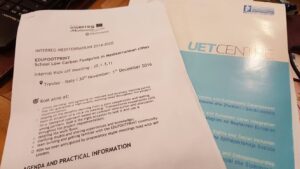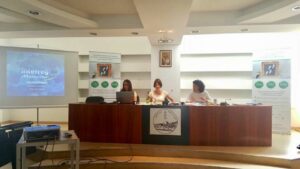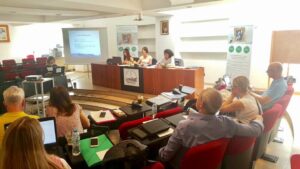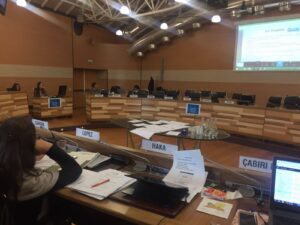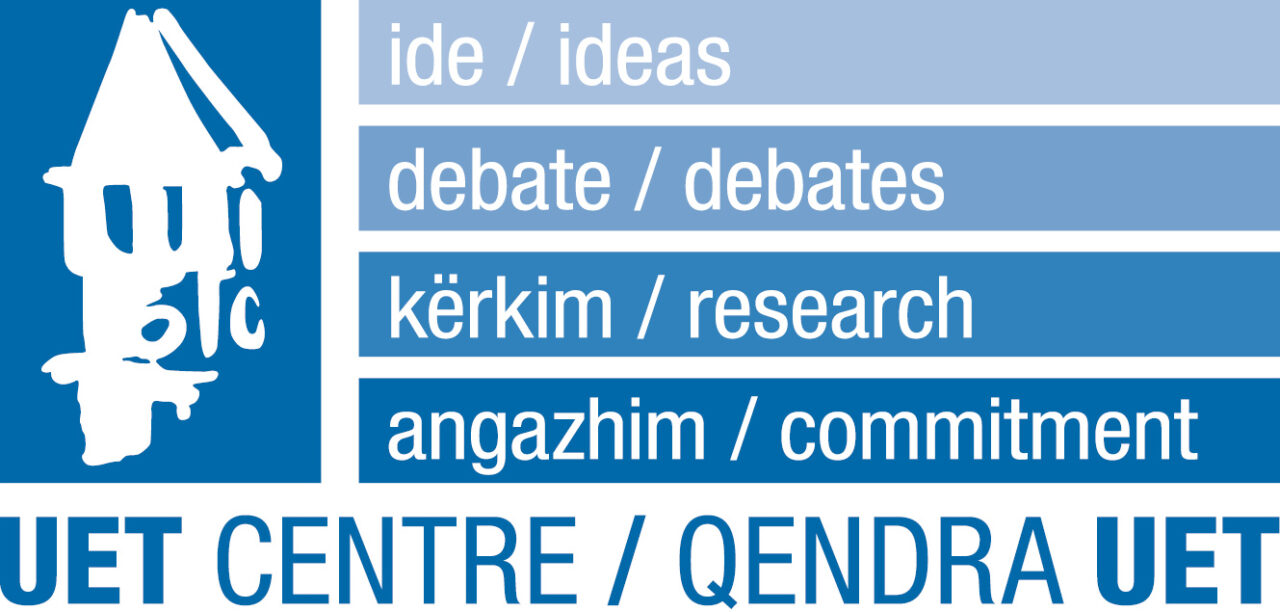What about this project
Edufootprint project is co-financed by the European Regional Development Fund – Interreg Mediterranean – MED.
Overall information
Buildings are responsible for 40% of final energy consumption and 36% of GHG emissions in the EU. About 50% of Mediterranean buildings are over 50 years old and will still be in use in 2050. Environmental footprint of buildings is due to incorrect maintenance and management; part of it comes from the public sector. About 60% of all public building floor surface in the EU are schools. The EU 2020 targets will not be reached if only new schools will be built. It’s too expensive. Actual EU public sector economic goals are to save money and the energy efficiency is an aspect key. Initiatives as Covenant of Majors would help local and regional authorities to increase energy efficiency on their territories but the lack of economic resources limits the actions and the effects. Inadequate knowledge of owners and managers of public buildings is a barrier to elaboration and implementation of practices with a LCA approach. Low-cost and strong involvement of citizens can create immediate positive effects. Existing Sustainable Energy Action Plans (SEAP) are frequently very demanding and include only refurbishment/retrofitting actions regarding buildings.
Project aims
The key purpose of the project is to enhance the ability of owners and managers of public buildings in the direction of better energy management; This will be achieved not only with regard to the direct impact of energy in buildings (use) but also through indirect measures (procurement and full consciousness and behaviour). Activities will focus on testing and transfer of integrated energy strategies in schools through the LCA approach (the Life Cycle Assessment – evaluation of the life cycle). The approach includes the review and implementation of energy efficient practices, tap the SEAP (Local Sustainable Energy Action Plans – the local action plans Sustainable Energy).
A key part of the project are transnational activities because Edufootprint model will be tested in different countries MED. Innovative solutions, which will include the owners or authorities from the public and private sectors and final users will be transferred in seven of MED regions. Areas with less experience will have the opportunity to implement well tested measures and where there is already prior knowledge of various partners. The model will be tested in countries where there are different forms of public involvement in buildings.
Key objectives
- An innovative model for the assessment and management of buildings, which will allow reducing the carbon footprint in schools,
- Improving the competencies of building owners and managers for the development and implementation of effective practices in public school buildings,
- Transnational EduFootprint network of schools for ensurement for the transmission of model in all Mediterranean countries.
Overall information for this project in Albania
Environmental problems are caused mainly from the increased demand for natural resources. Main concerns are related to air pollution, greenhouse gas emissions, bad waste management, and the contamination of freshwater and marine resources, deforestation and decline in forest areas.
Currently Albania is a low emitter of greenhouse gases with 2,76 tons CO2 per capita compared to EU 9,9 tons per capita but they are projected to increase in the coming years, mainly from transport followed by agriculture and waste sector (Programme of Cooperation for Sustainable Development UN Sustainable Development Framework 2017-2021).
A new Law on Energy Efficiency was developed and adopted on 12 November 2015, requiring a minimum energy performance and certificates for buildings, energy efficiency audits of buildings and industry, standards and labels for energy using household appliances etc. Additionally, the Law on Energy Performance in Buildings in 2016, establishes the legislative framework on the energy performance of buildings including public buildings as top priority. It requires Minimum energy performance for buildings, new building or existing, especially the public buildings.
In this context, the pilot activities of EduFootprint project in Albania are carried out by IEP (Instituti Europian Pashko) in 5 schools in two different municipalities: Tirana and Elbasan. Tirana Municipality has a SEAP approved in 2015, while Elbassan Municipality counts on an Elbasan Regional Energy Efficiency Action Plan (ongoing), which was set off in 2017.
Two of the schools, which comprise both elementary and secondary levels, are sited in Elbasan, while other three schools (2 high schools and 1 comprising elementary and secondary levels) are sited in Tirana. These five schools involve a total of 5.358 students.
For the development of the project, and particularly of the pilot activities to support public schools reduce their Environmental Footprint, a number of relevant local and national stakeholders are involved, such as the Municipality of Tirana (associated partner of the project), Ministry of Energy and Industry, Regional Education Directorate of Tirana, Regional Education Directorate of Elbasan, RCE Albania, Ministry of Education and Sports, Ministry of Energy, Ministry of Urban Development and FAU – Faculty of Architecture and Urbanism.
